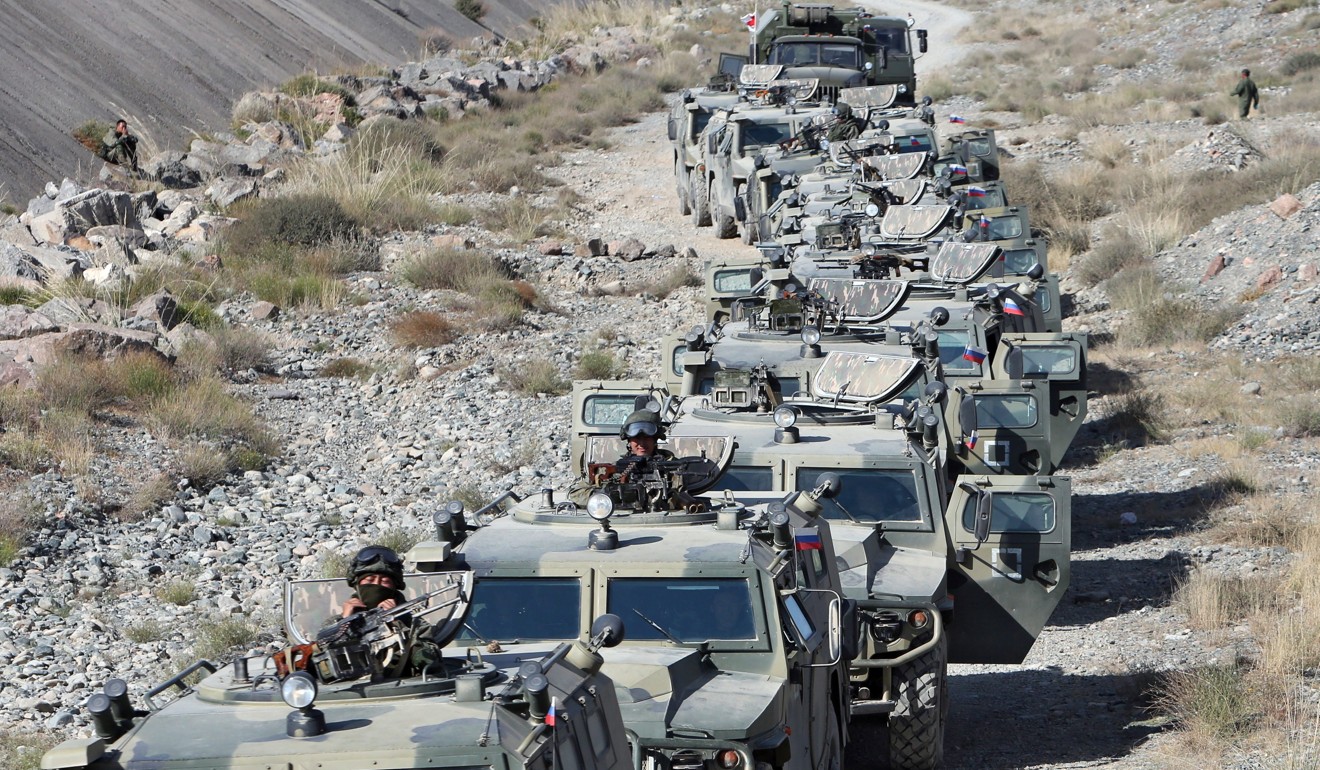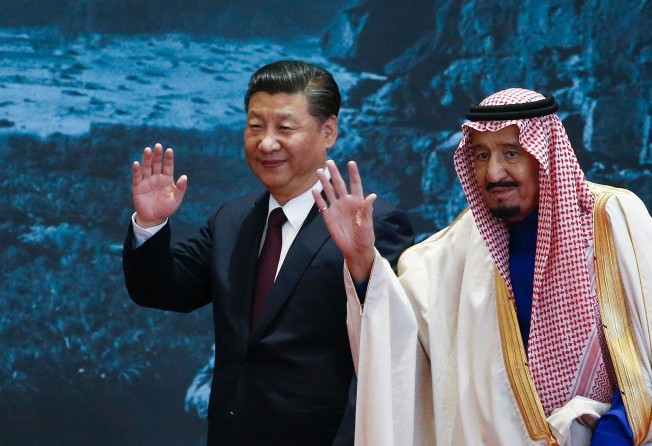
Backing for Iran is part of China’s delicate Middle East balancing act, say analysts
Beijing is supporting Tehran’s bid for formal membership of the Shanghai Cooperation Organisation at Astana summit

China’s decision to throw its weight behind Iran’s bid to join a Beijing-backed security grouping is a reflection of its long game of pursuing a balanced Middle East policy, say analysts.
Iran’s application to join the Shanghai Cooperation Organisation will be discussed at this year’s two-day summit which began on Thursday in the Kazakhstan capital, Astana. Chinese President Xi Jinping is attending the meeting.
The summit comes at an awkward time, after several Gulf nations, led by Saudi Arabia, on Monday cut diplomatic ties with their neighbour, Qatar, saying it supported “Iranian-backed terrorist groups”.
Meanwhile Iran on Wednesday experienced its worst terrorist attack in years when suicide bombers and gunmen targeted its parliament and the Ayatollah Khomeini’s mausoleum, killing at least 13 people. Iran’s Revolutionary Guards have blamed Saudi Arabia for the attack, further straining ties.
The move by Saudi Arabia to sever ties with Qatar came after US President Donald Trump’s call to isolate Tehran. And as pressure mounts from the United States, some observers believe Iran will pivot towards China.
Tehran’s bid to enter the bloc was refused last year, with no specific reason given. But China’s Assistant Foreign Minister Li Huilai on Monday affirmed Beijing’s support for Iran to upgrade its observer status with the group to formal membership.
Li also announced that India and Pakistan would become new members of the regional bloc.
The SCO, seen by some as a counterweight to the US- and Europe-led North Atlantic Treaty Organisation (Nato), is a political and security grouping that facilitates counter-terrorism cooperation. Its other members are China, Russia, Kazakhstan, Uzbekistan, Tajikistan and Kyrgyzstan.

Middle East expert Li Weijian said that although China has established extensive trade and military ties with the Saudis, it is equally important for Beijing to show support for Iran.
“China’s increased support for Iran to join the Shanghai Cooperation Organisation could be a signal,” according to Li, a researcher with the Shanghai Institute for International Studies. “It shows that China does not take sides, nor will it participate in the rivalry between Iran and Saudi Arabia.”
Li added that China’s influence in Iran was growing because of its friendlier approach towards the country and increasing presence in the region.
China is actively trying to increase its stake in the Middle East, in particular in Saudi Arabia and Iran, as it expands its infrastructure networks in the resource-rich region and tries to meet energy demands at home. Xi visited the two nations during his first trip to the region last year.
Saudi King Salman bin Abdulaziz Al Saud then paid a visit to Beijing in March, securing US$65 billion worth of economic and trade deals.
Iran is situated at a key juncture of China’s ambitious belt and road plan to build a network of infrastructure across Asia and beyond.
With so many trade and financial interests at stake, it adds up to a delicate balancing act for China, according to Anas Iqtait, a research scholar at the Centre for Arab and Islamic Studies at the Australian National University. Beijing would have carefully calculated its support for Iran to avoid infuriating the Saudis and the Arab world, he said.
“I don’t see China will interfere in the region in a manner that will negatively affect its economic and trade relations with the Arab neighbours,” Iqtait said.
“China’s is a more sound approach to the region. Unfortunately we’ve seen Trump’s approach – basically taking sides or trying to instigate division in the region, which is not in anyone’s favour.”
Pan Guang, of the Shanghai Academy of Social Sciences, agreed, saying China had a track record as a reliable third-party power in the region.
“China has maintained good relations with all countries in the region – be it Iran or Saudi Arabia or Israel,” Pan said. “This is something the US has failed to do.”